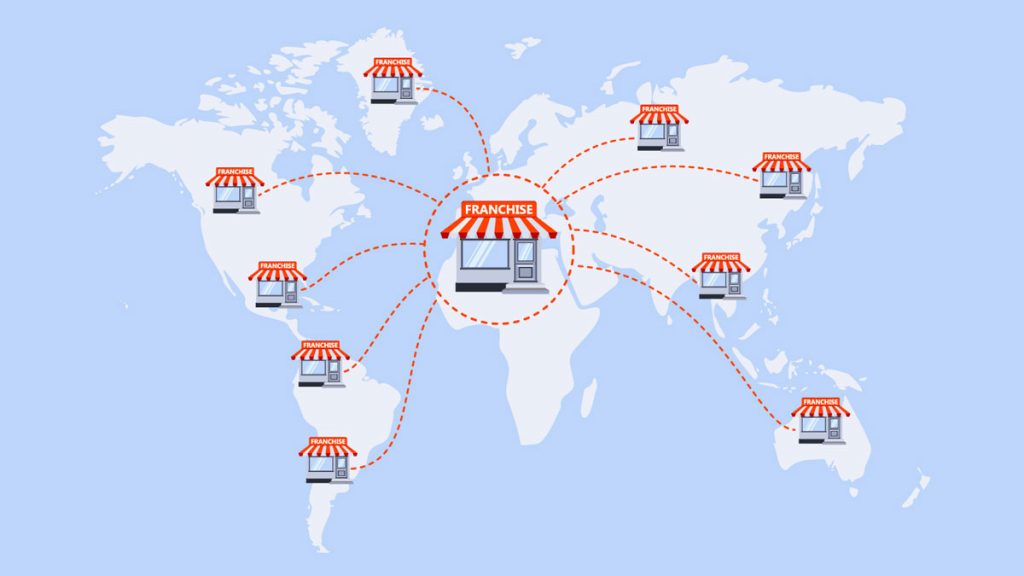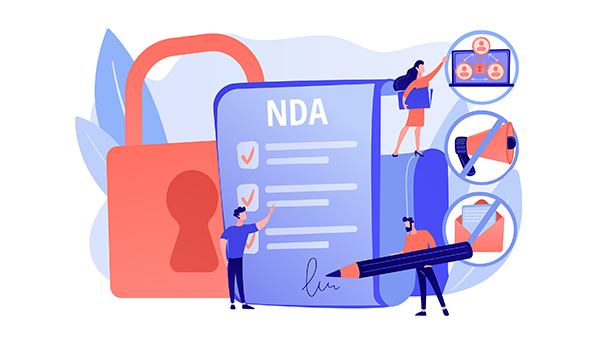Requirements for a whistleblowing hotline
While franchise companies usually already have a compliance management system in place, franchisees need support in the form of a ready-made plug-and-play solution. A suitable whistleblowing hotline should come from a single source and be adaptable and scalable to all franchisees and locations with little time and effort. The whistleblowing hotline should ideally meet strict data protection requirements, allow anonymous reporting and be accessible from any country at any time.
Advantages of a digital whistleblowing hotline
Digital whistleblowing hotlines have now become firmly established as best practice. They can be easily adapted to the size of the company and to different languages which is a clear advantage for companies operating on the international stage.
Digital whistleblowing hotlines are as well suited to small and medium-sized franchisees as they are to large corporations or franchise companies. A good digital whistleblowing hotline can also be designed in simple language to ensure increased accessibility and to cater to people with disabilities or limited language skills.
Franchisees often have high staff turnover. Workers also tend not to have standard office access since they might, for example, work behind a shop counter. A digital reporting system such as a smartphone app that also allows mobile case processing or forwarding works particularly well here.
Advantages of a one-stop solution for all franchisees
For franchisees, selecting, implementing and communicating the right whistleblowing system is likely to be difficult due to lack of resources and experience. Franchise companies can therefore benefit by offering or recommending an off-the-shelf, digital and legally compliant end-to-end solution to their partners and franchisees. In doing so, the franchise companies:
- Protects itself and its partners from reputational damage, sanctions and scandals
- Fulfils the requirements of the EU Whistleblowing Directive
- Fulfils the requirements of the GDPR
- Increases its attractiveness as a business partner to banks, customers, employees and (potential) franchisees
- Provides an attractive, ready-to-use end-to-end solution from one single source which, if desired, includes a case handling service and initial assessment by a law firm
What you need to know about whistleblowing policies
The EU Whistleblowing Directive requires not only that companies establish a whistleblowing hotline, but also that they create a whistleblowing policy. But how can you best support your partners here? If feasible, create a uniform policy that is based around the strictest legal guidelines and serves as a template for your franchisees. The policy must include the following:
- The policy objective(s)
- Definition of the terms “whistleblower"
- Rules and obligations on reporting
- Which reporting channels can be used
- Which reports and concerns are permissible (what can/should be reported and what not?)
Make sure to train your top and middle management on the most important elements of whistleblowing to ensure that they are behind the implementation of the system. This will promote an open speak-up culture in the company and ensure that your whistleblowing system serves as an early warning system.
What whistleblowing is not
Reports of personal grievances, such as harassment or bullying, are not usually covered by whistleblower protection legislation and this should be clearly stated in your policy. Organisations should therefore establish formal grievance procedures for such matters that remain separate from their whistleblowing procedures.
A detailed guide on how to create a whistleblowing policy can be found here.
Advantages of anonymous reporting
The new EU Whistleblowing Directive does not specify how companies should deal with anonymous reports. However, the Directive does oblige companies to keep the identity of the whistleblower confidential (and threatens sanctions for non-compliance). Companies can only meet this requirement with a digital whistleblowing hotline that also offers an anonymous reporting option. The system encrypts communication with the whistleblower and enables secure two-way communication without revealing the identity of the whistleblower.
Whistleblowing systems are an excellent early warning system for detecting and addressing wrongdoing in the company. To take full advantage of this opportunity and increase the number of potentially relevant reports, organisations should offer an anonymous reporting option. Indeed research shows that whistleblowers prefer anonymous reporting channels – 58 per cent of initial reports are made anonymously. (See Whistleblowing Report 2019). If whistleblowers do not find a reporting option that suits them, in case of doubt they tend to go to the authorities or directly to the public. An open speak-up culture is considered an important part of ethical corporate governance and encourages employees to come forward.
Get your franchisees ready for the EU Whistleblowing Directive
Find out more about how our digital whistleblowing system EQS Integrity Line supports you to comply with the EU Whistleblowing Directive.









